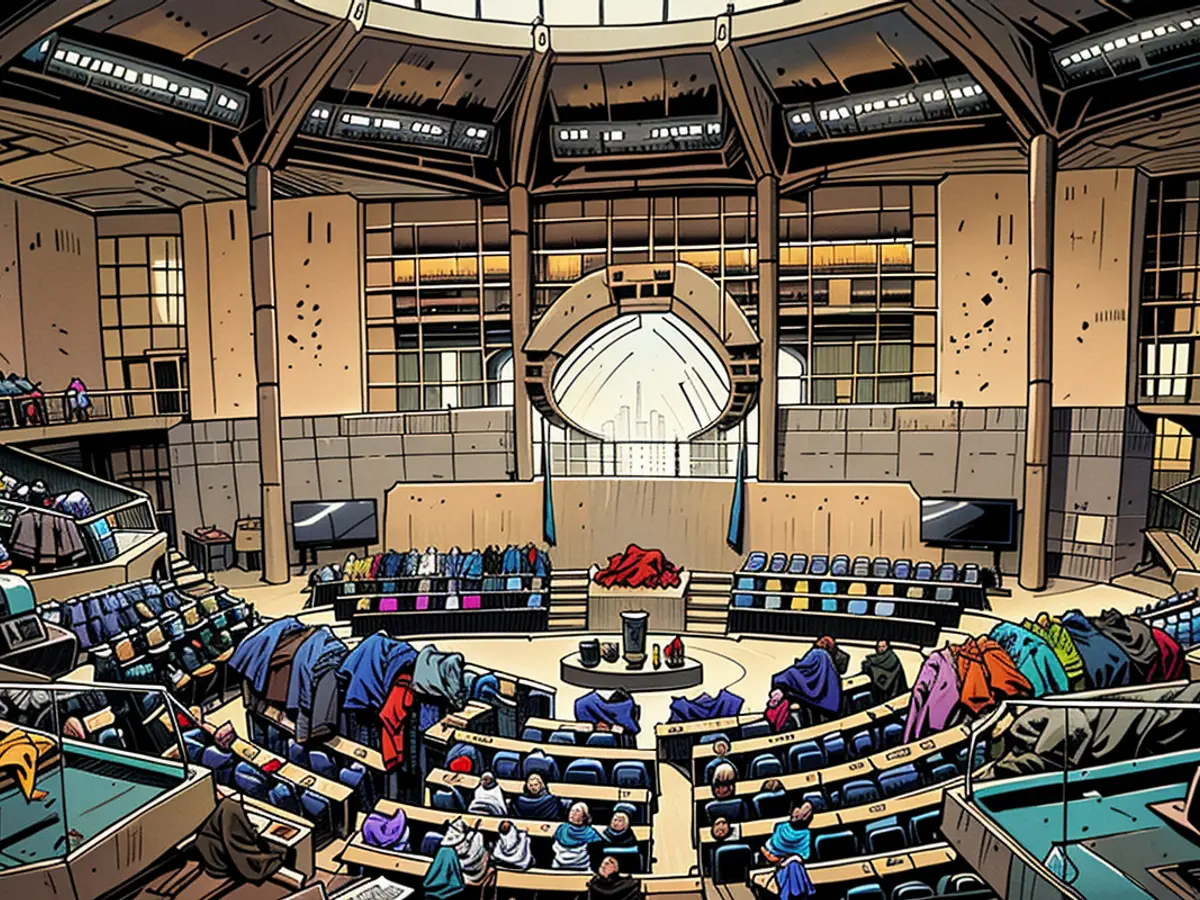German government has Rwanda model further examined
Despite the new British government's rejection of the so-called Rwanda model, the German federal government will continue its examination of such third-country regulations for the admission of migrants. "We will continue this examination - as agreed in the Minister-President conference," said a spokesperson for the German Interior Ministry in Berlin. At the same time, the spokesperson hinted that the German government was very skeptical about the implementation of such a model.
At the insistence of state premiers, Federal Chancellor Olaf Scholz had promised at the Bund-Länder conference in June to present the results of an examination of the so-called Rwanda model in December. In particular, state premiers in the EU had spoken in favor of outsourcing asylum procedures to third countries outside the EU - such as Rwanda - in order to deter potential asylum seekers. They promise themselves a deterring effect on migration intent.
Plans to deport asylum seekers who had illegally entered the UK via the English Channel to Rwanda were supposed to be a showcase project of the recently elected Tory Prime Minister Rishi Sunak. Sunak pushed his plans despite strong opposition from human rights groups and courts. The new British Prime Minister Keir Starmer stopped the project only a few hours after taking office.
The spokesperson in Berlin referred to the fact that the German government had already consulted numerous experts on the model. The experts pointed out the "enormous costs, which are many times higher than what it costs to accommodate refugees in their own country," said the spokesperson. There are also doubts about the legality and the deterrent effect of the model.
The Rwanda model, under scrutiny by the German federal government, raises concerns about its significant costs and questionable deterrent effect, as highlighted by consulted experts. Disregarding these reservations, some European state premiers advocate for outsourcing asylum procedures to third countries like Rwanda as a potential deterrent for migration intentions.








